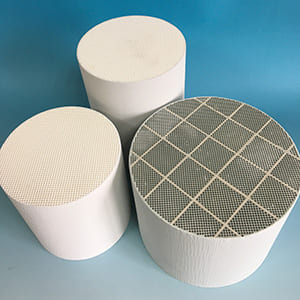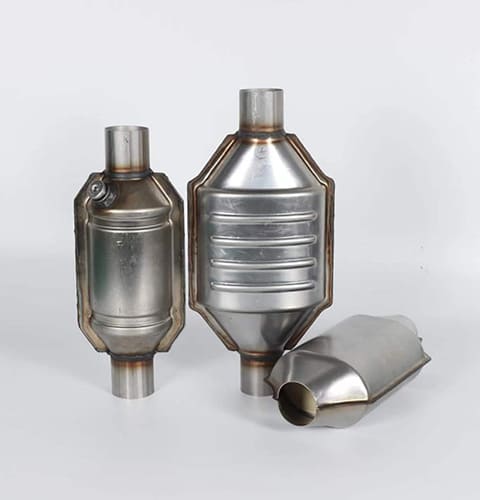Diesel forklifts are essential in many industrial settings, providing the strength and durability to move heavy loads. But as emissions regulations tighten, maintaining these machines’ efficiency and eco-friendliness becomes increasingly critical. Diesel Particulate Filters (DPFs), specifically designed for diesel engines, play a pivotal role in reducing harmful emissions. However, choosing the right aftermarket DPF can be challenging. What makes one filter better than another? And how do you find the best solution to keep your diesel forklifts compliant and efficient?
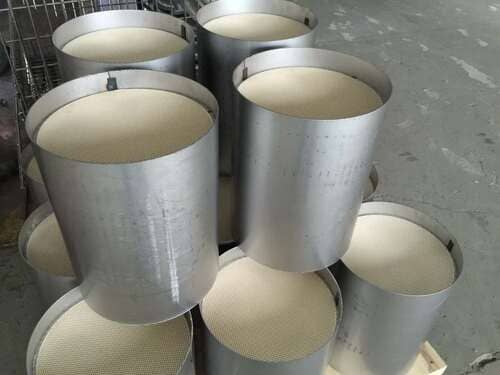
Why Diesel Forklifts Need Quality DPF Solutions
Diesel engines produce particulate matter (PM), harmful pollutants that include tiny carbon particles. Without a DPF, these particles are released into the air, contributing to environmental pollution and health risks. DPFs capture and filter out this particulate matter before it exits the exhaust, ensuring forklifts adhere to emission regulations. This not only helps the environment but also keeps businesses compliant with legal standards. But why consider aftermarket DPF solutions?
Aftermarket DPFs offer a cost-effective and sometimes more accessible alternative to original equipment manufacturer (OEM) filters. They can provide similar, if not improved, performance, often with a focus on long-term durability and easier maintenance. But the range of options on the market means that finding the best product requires careful consideration.
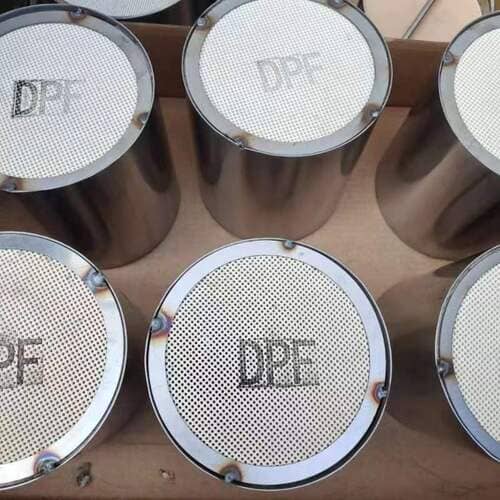
What Makes a Good Aftermarket DPF Solution?
Several factors determine the quality and suitability of a DPF for diesel forklifts:
- Filtration Efficiency: A high-quality DPF should effectively capture particulate matter while minimizing exhaust backpressure, which can affect the forklift’s performance.
- Durability and Longevity: The DPF should withstand high temperatures and extended usage, ensuring long-term reliability.
- Ease of Maintenance: Frequent regeneration cycles or simple maintenance procedures help maintain DPF efficiency without constant downtime.
- Cost and Compatibility: Affordability is key, but compatibility with the specific forklift model is also essential for optimal performance.
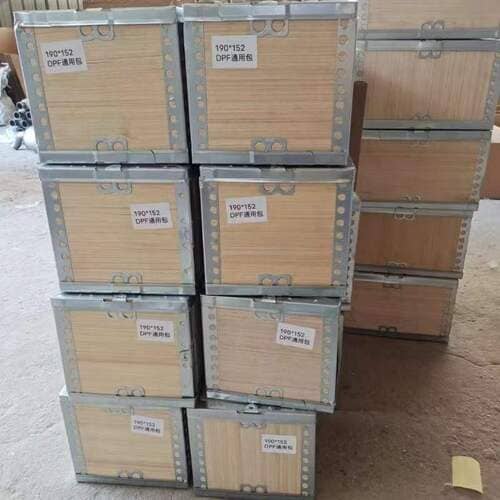
Factors to Consider When Choosing an Aftermarket DPF for Forklifts
Choosing the right DPF for your diesel forklift goes beyond brand preferences. Here are essential considerations:
- Emissions Standards Compliance: Ensure the DPF meets local regulations and standards, especially if operating in regions with strict emissions laws.
- Forklift Engine Specifications: Not all DPFs are compatible with every diesel engine. Match the DPF to the specific engine model to prevent performance issues.
- Maintenance Needs: Some DPFs require frequent regeneration cycles to stay efficient, while others are designed for low-maintenance operation. Choose according to your operation’s capacity for downtime.
- Operating Environment: Forklifts used in harsher environments, like those with high dust or variable temperatures, may need a more robust DPF solution.
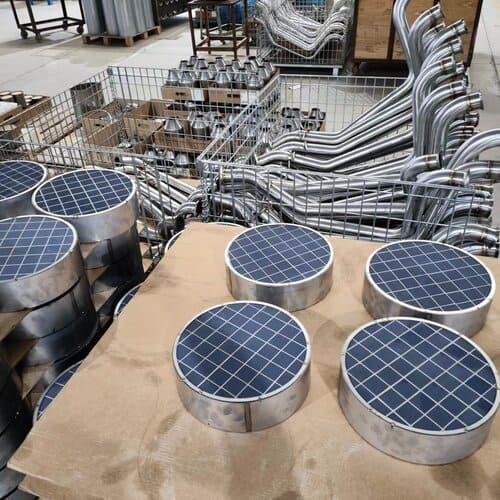
How Aftermarket DPFs Improve Diesel Forklift Performance
Investing in a quality aftermarket DPF can significantly enhance your forklift’s performance. By reducing exhaust backpressure, high-quality DPFs allow the engine to operate more efficiently, boosting power and reducing fuel consumption. Additionally, a reliable DPF reduces the risk of engine component damage from unchecked emissions, thereby extending the engine’s lifespan.
DPFs also improve air quality within enclosed warehouse environments, creating a healthier workspace. By capturing harmful particulates, DPFs minimize the health risks associated with diesel exhaust exposure, which is especially valuable for employees working long hours near these machines.
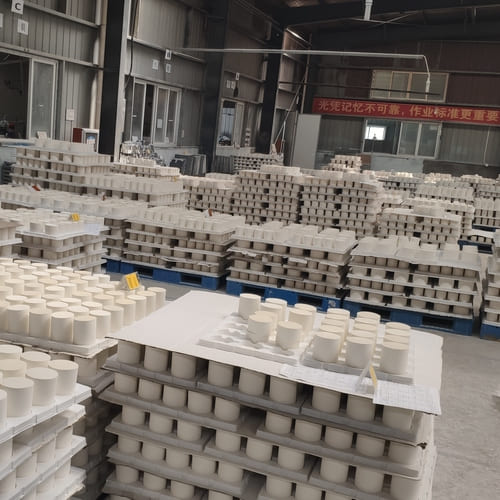
Frequently Asked Questions about DPF Solutions for Diesel Forklifts
1. What is the lifespan of an aftermarket DPF?
Most aftermarket DPFs are designed to last between 4-5 years, depending on usage and maintenance. Regular cleaning and proper maintenance can extend their lifespan.
2. How often does a DPF need regeneration?
Regeneration frequency varies by filter and usage. Some aftermarket DPFs are engineered to reduce regeneration cycles, potentially needing it only every few months, while others may require weekly regeneration.
3. Is an aftermarket DPF as effective as an OEM filter?
High-quality aftermarket DPFs can match or exceed OEM standards, offering similar filtration efficiency and durability, often at a lower price.
4. Can I clean my DPF myself?
Some DPFs can be cleaned with specialized equipment, while others may require professional servicing. Always follow the manufacturer’s guidelines for cleaning.
5. What is the cost difference between OEM and aftermarket DPFs?
Aftermarket DPFs are generally more affordable, with prices varying depending on brand, features, and durability. They are often 20-30% cheaper than OEM counterparts.
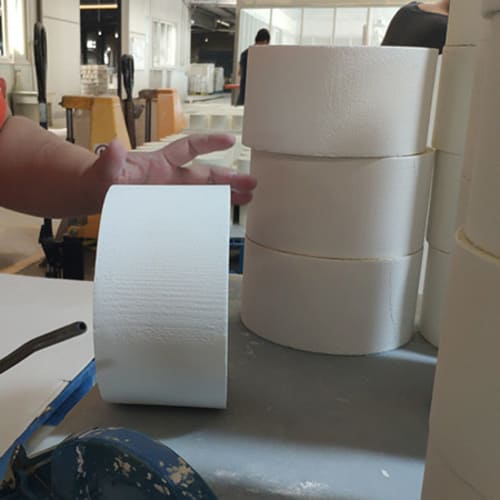
Conclusion
Finding the right aftermarket DPF solution for your diesel forklift is crucial to maintaining operational efficiency and adhering to emission standards. With options ranging from cost-effective solutions to high-performance models that minimize maintenance, businesses have a wide selection to meet their unique needs. Consider brands like SKY emission, Bosal and Skyline Emission Solutions to ensure your diesel forklifts remain compliant and reliable. A well-chosen DPF doesn’t just control emissions; it supports your forklift’s performance, reduces downtime, and contributes to a healthier work environment.

